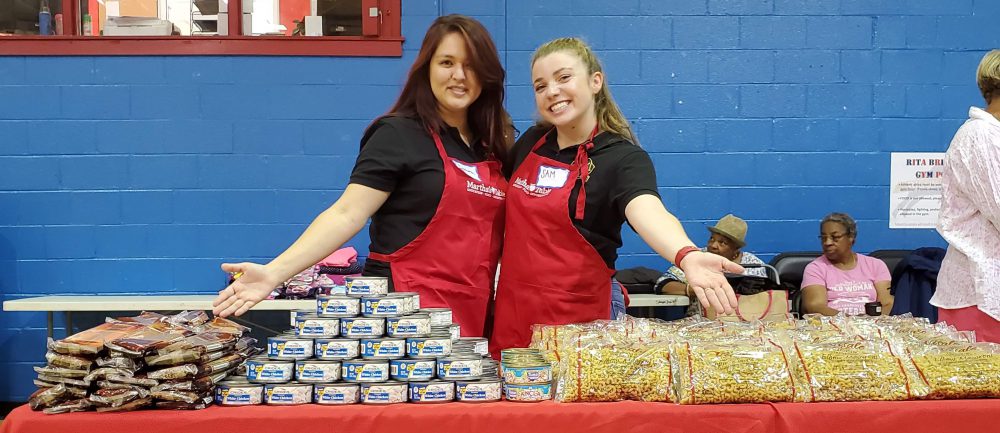photograph by Dan4th Nicholas shared via the Creative Commons Attribution 2.0 Generic License
In a previous post we learned about plagiarism and the importance of citing your work. So, how do you properly cite a resource? There are several citation style guides that provide a standard format for referencing your sources. Most of your instructors will require you to use one of these popular guides: American Psychological Association (APA), Modern Language Association (MLA), or the Chicago/Turabian.
Need help getting started? NOVA offers tutorials for each of these style guides!
If you need more help, please contact your NOVA Online library staff at NOVA Online-Library@nvcc.edu. Happy Searching!



















